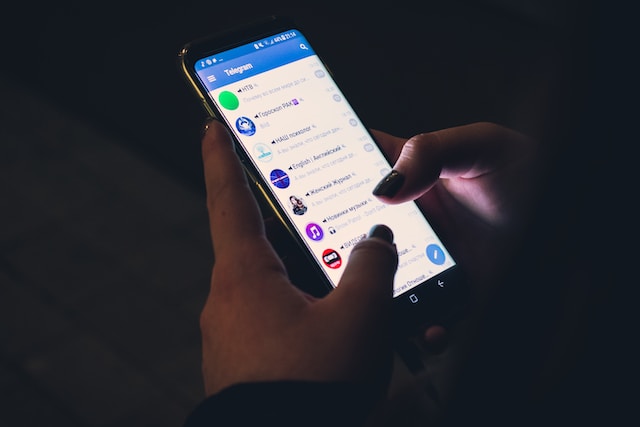In recent years, Meta has drawn inspiration from various competitors, often launching features that mimic their counterparts. Some of these features have faded into obscurity, while others have gained immense popularity, such as the ubiquitous Stories feature.
Today, we witness another instance of Meta’s emulation strategy. Meta’s Telegram-inspired broadcast channels, previously integrated into Instagram and WhatsApp, will soon be available on Facebook and Facebook Messenger in the upcoming weeks. This expansion enables administrators of Facebook Pages to establish broadcast channels as a means to foster deeper engagement with their followers, as stated by the company.
A broadcast channel essentially serves as a “one-to-many” messaging tool, making it particularly suitable for public figures, celebrities, and online content creators looking to monetize their fanbase directly or indirectly. In return, followers can “feel even more connected and delve deeper into the matters that resonate with them,” although the specifics of this statement remain somewhat vague.

Individuals will have the opportunity to join these broadcast channels to access a variety of engaging content, including polls, exclusive “behind the scenes” photos or videos, and voice notes for more genuine expression. However, the content available to followers depends on the preferences of the Page administrator.
If you are a Facebook Page administrator interested in utilizing broadcast channels, you can initiate one directly from your Page if your market currently supports this feature. If not, there is a waitlist that you can join.
When the first message is sent in a broadcast channel, all of your Page’s followers will receive notifications, encouraging them to join the new channel. While only the Page administrator can send messages, followers can react and participate in polls.

Conversely, if you choose to join a broadcast channel, you will receive notification alerts each time a new post is made. Fortunately, you can use the mute function to manage these notifications. It is worth noting that these broadcast channels, as referred to by Meta, are considered “public and discoverable chat experiences,” even though you may interact with them in Facebook Messenger, where your interactions are typically limited to friends.










